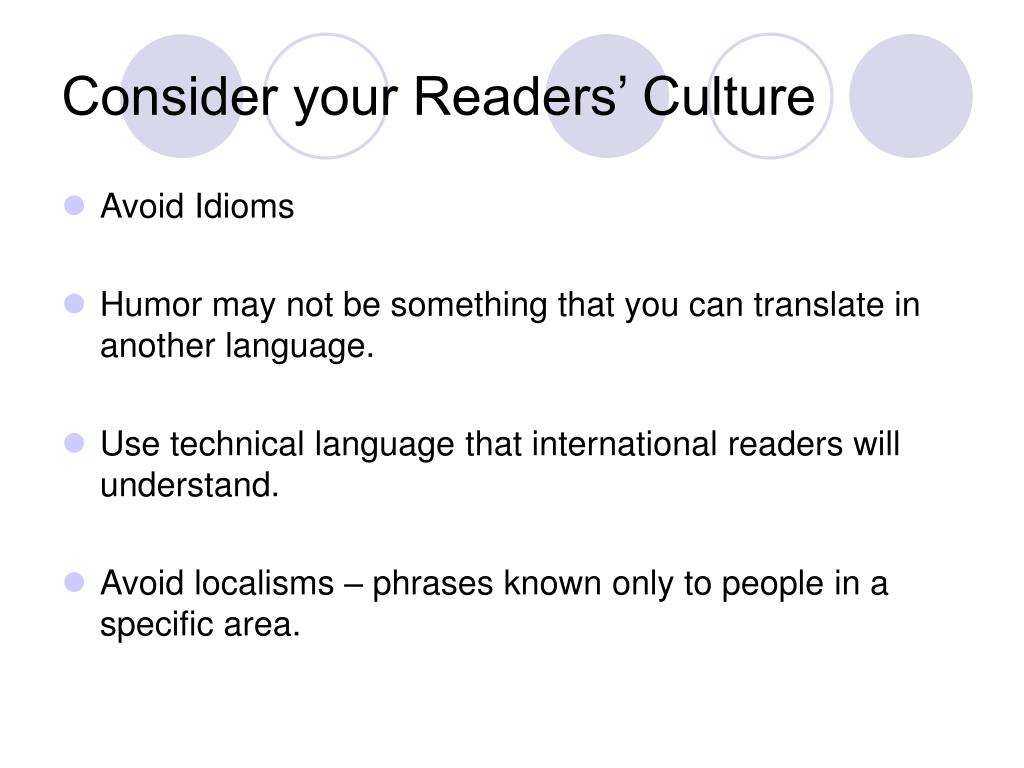
“I liked the design that you came up with.”.“Can you remember the time that we asked people to arrive?”.It’s fine when necessary, but can often be cut without any loss of meaning – usually when it’s preceded by a noun. This is another word which creeps into my writing where it’s not needed. If you email someone suggesting “Perhaps we could meet at twelve for lunch”, are you proposing a lunch meeting, or just idly wondering whether it’s possible? The “perhaps” also makes it unclear what part of the suggestion is in doubt do you think twelve might not be the best time, or do you suspect the other person won’t want to get lunch? That The main problem in all these cases is that the word “perhaps” means your intention is unclear. “Perhaps we could meet at twelve for lunch.”.It can obscure meaning, or weaken an otherwise powerful statement, and often causes confusion. Like many of the words above, “perhaps” makes your writing sound uncertain. “Quite” is useful in suggesting both “almost there” and “soon”, and saying “The files aren’t quite ready yet …” implies it won’t be much longer, whereas “The files aren’t ready yet” can sound like stone-walling. There are some circumstances where you may well want to keep the word “quite”, particularly when trying to justify something over-running. It usually means “a bit” as in “I quite liked it”, but can also mean “completely” as in “Quite right.” Most people have little difficulty understanding those, but sentences like “I was quite outraged” can be taken either way. This insidious word tends to water down the meaning of a sentence or, worse, make it unclear. And using it about someone else can sound patronising – phrases like “that’s really good!” are best kept for the kindergarten. Using the word “really” about yourself makes it sounds as though you believe the other person is unsure of your intentions “I’m really writing the report” can sound defensive. It’s often found partnering “just”, in which case you might want to rewrite the whole sentence. Like “just”, this is another word which can frequently be cut. It tends to make you sound either desperate when applied to yourself (“I just wondered if you could…”) or demanding when applied to the other person (“If you would just…”). In almost every case, striking out the word “just” will make a sentence stronger. This is one of the worst offenders for me. Words creep in that add no meaning and can make a piece of writing sound vague and woolly rather than confidence and precise.

Many people tend to over-write, often in a similar way to how they would speak. One of the best ways to make your writing stronger is to cut unnecessary words.


 0 kommentar(er)
0 kommentar(er)
